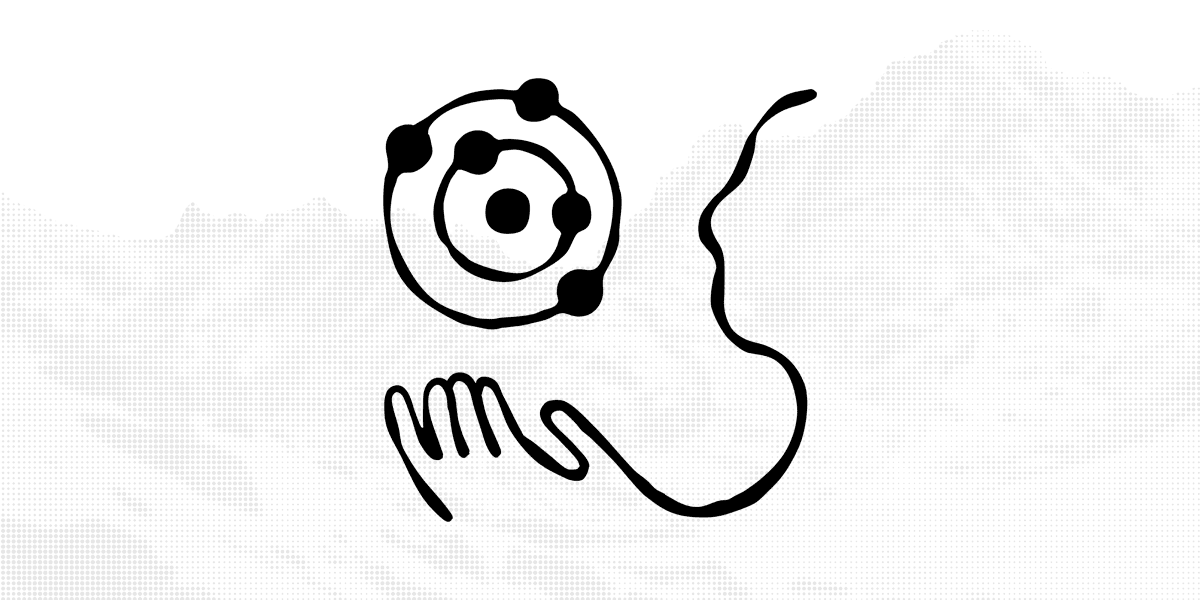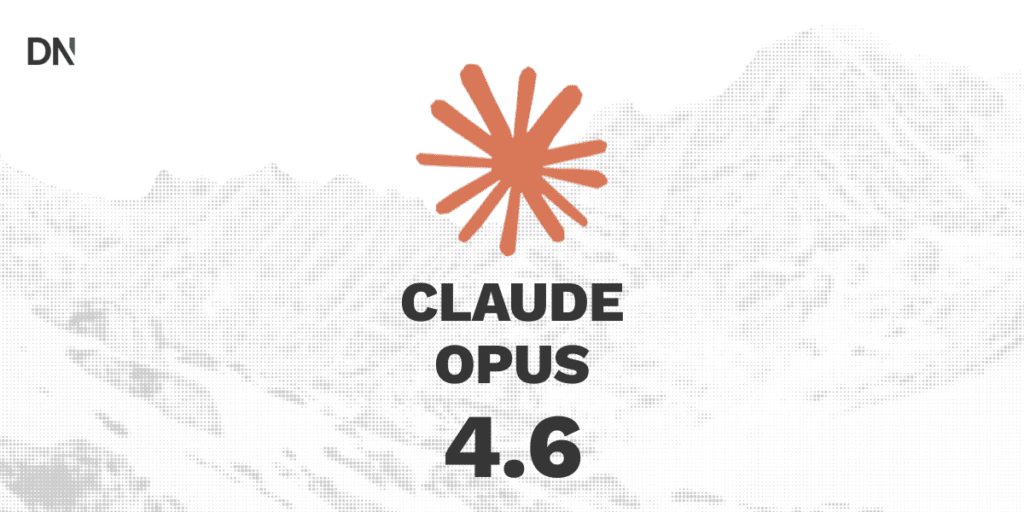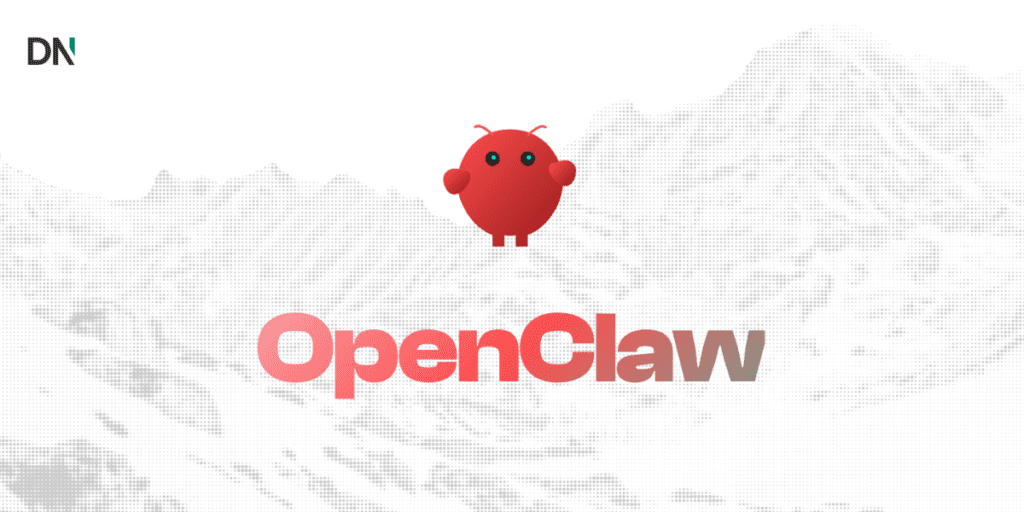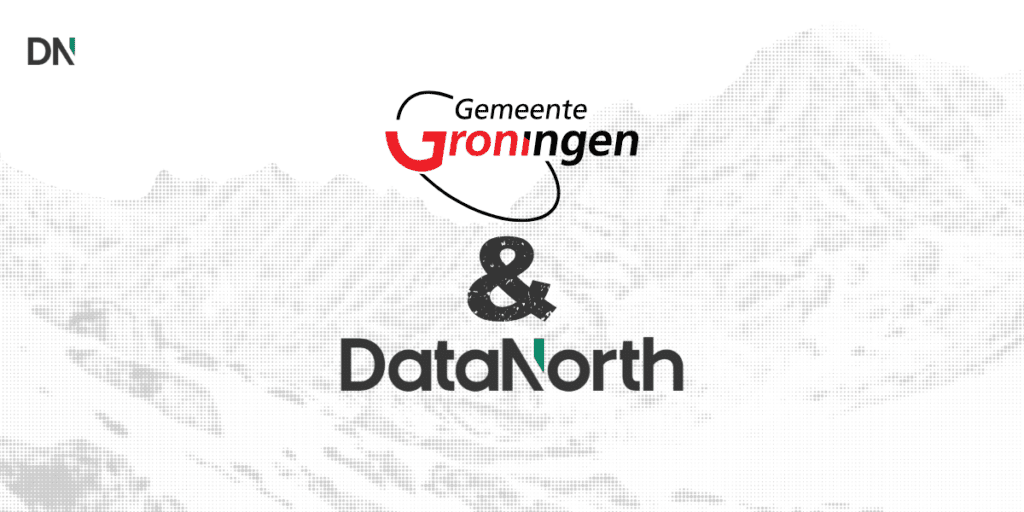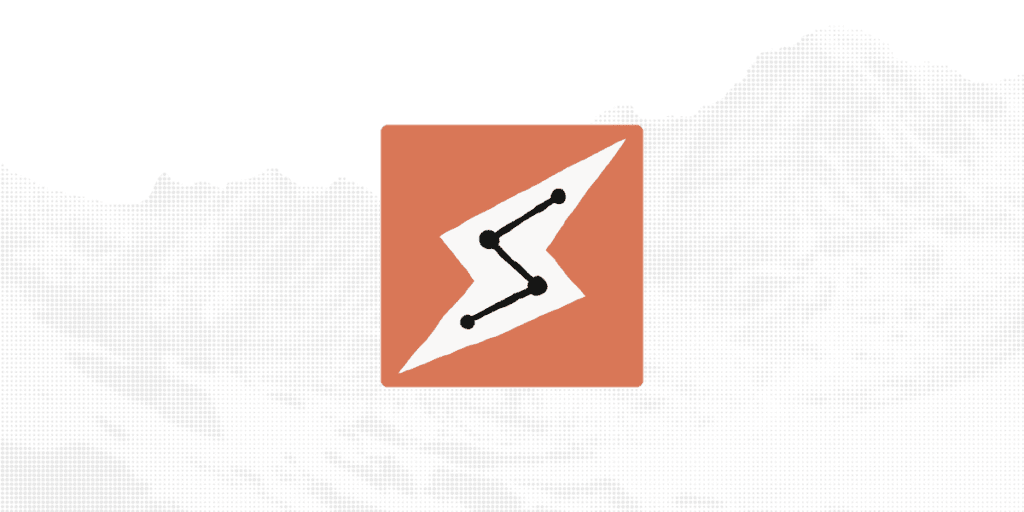On the 24th of November 2025, Anthropic has officially released Claude Opus 4.5, its most intelligent and capable model to date, marking a significant shift in the landscape of enterprise AI and software development. This release introduces advancements in reasoning, agentic workflows, and coding capabilities while dramatically reducing costs compared to previous Opus generations.
The launch coincides with a major strategic expansion, as Anthropic cements partnerships with Microsoft and NVIDIA to scale availability across global cloud infrastructure.
Frontier performance at a fraction of the cost
The most immediate impact of Opus 4.5 is its aggressive pricing strategy. Anthropic has priced the new model at $5 per million input tokens and $25 per million output tokens. This represents a substantial reduction from previous Opus-class models, which were priced significantly higher at $15/$75, effectively removing the cost barrier that previously limited top-tier models to niche use cases.
For enterprise users, this pricing structure makes “Opus-level” intelligence viable for high-volume production workflows rather than just experimental pilots. The model is designed to replace the “Sonnet” class models for complex tasks, offering deeper reasoning without the prohibitive expense.
Engineered for coding and agentic workflows
Claude Opus 4.5 targets the most demanding technical domains: software engineering and autonomous agents. Internal and external benchmarks indicate the model sets a new state-of-the-art in real-world software development tasks.

Key technical improvements include:
- Self-correction and refactoring: The model excels at “long-horizon” tasks, such as refactoring code across multiple files or managing complex migrations without getting lost in the details.
- Agentic capabilities: Opus 4.5 is reported to navigate multi-step workflows with fewer dead ends, making it highly effective for autonomous agents that need to plan, execute, and verify their own work.
- Deep research: Enhanced capabilities in synthesizing information from multiple sources make it a powerful tool for automated market research and technical analysis.
Introducing the “Effort parameter” in Claude Opus 4.5
A novel feature introduced with Opus 4.5 is the effort parameter, which gives developers granular control over the model’s reasoning process. This allows users to dynamically adjust how much “thinking time” the model allocates to a prompt.
- Low effort: For routine tasks, the model responds quickly and efficiently.
- High effort: For complex problem-solving, the model can engage in deeper reasoning, exploring more paths and verifying its logic before responding.
This flexibility allows businesses to optimize for either speed or maximum accuracy depending on the use case, such as real-time customer support versus overnight data analysis.
Strategic partnerships: Microsoft and NVIDIA
In a move that significantly broadens its ecosystem, Anthropic announced a deepened strategic partnership with Microsoft and NVIDIA. This collaboration includes a capital investment of up to $5 billion from Microsoft and $10 billion from NVIDIA.
Key aspects of this partnership include:
- Azure integration: Claude Opus 4.5 is now available on Microsoft Azure via Microsoft Foundry, making it accessible to millions of enterprise Azure customers.
- GitHub Copilot: The model is launching in public preview for GitHub Copilot, allowing developers to select Opus 4.5 directly within their VS Code environment for enhanced coding assistance.
- Infrastructure scaling: Anthropic has committed to utilizing $30 billion in Azure compute capacity and NVIDIA hardware to train and deploy future generations of models.
Availability
Claude Opus 4.5 is available immediately via the Anthropic API, Claude.ai, and major cloud platforms including AWS, Google Cloud, and Microsoft Azure. Enterprise users can also access the model through integrations in tools like GitHub Copilot and emerging agentic platforms. Anthropic is expanding access via tools such as Claude for Chrome and Claude for Excel, raising Opus token limits for Max and Team users, and tying the model into a broader ecosystem that now includes deep partnerships with Microsoft and NVIDIA to scale Claude on Azure for enterprise customers.
For more information please visit the official Anthropic announcement on Claude Opus 4.5


